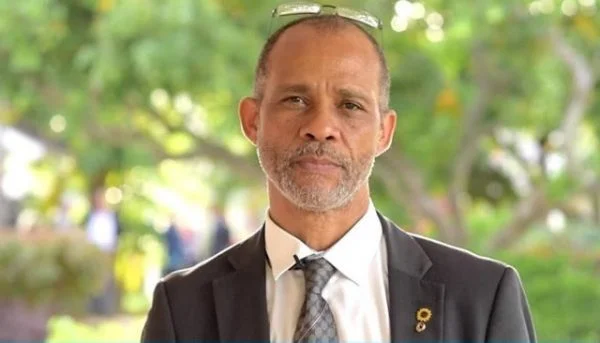Lagos State has recorded five deaths from an outbreak of cholera, with a lot of the cases recorded in the last three days.
Commissioner for Health, Prof. Akin Abayomi, said the state had recorded an excess report of severe gastroenteritis.
Abayomi said the cases of severe gastroenteritis were reported in communities around Eti-Osa, Lagos Island, Ikorodu and Kosofe local government areas.
He said the outbreak resulted in about 60 hospital admissions and five deaths.

He said this was mainly from patients presenting late with extreme dehydration.
The Commissioner said: “We have activated a statewide heightened surveillance and response.
“The Ministry of Health Directorate of Environmental Health and the Lagos State Environmental Protection Agency have been alerted to investigate a possible water contamination source in the Lekki, Victoria Island axis.
Also Read:
- Lagos airport supervisor convicted over N11m missing fund
- Cross River suffering from serious deficits — Gov. Otu
- About Seyi Tinubu’s effective altruism, by Funsho Arogundade
- Osun releases details on Esa Oke /Ido Ayegunle communal crisis
- Buhari: How dare you…?, by Lanre Ogundipe
“We suspect a possible cholera outbreak.
“However, samples have been taken for confirmation.”
The Commissioner noted that following recent rains, Lagos State has seen a notable increase in cases of severe vomiting and watery stools, adding that urban slums and crowded areas with poor sanitation are particularly at risk.
Abayomi explained that cholera is a highly contagious disease that causes severe diarrhoea and can be life-threatening, adding that it poses a significant health burden in areas with poor water treatment and sanitation, and could impact Lagos State.
He said: “Cholera spreads through direct transmission by eating or drinking contaminated food or water, and indirect transmission due to poor sanitation and lack of handwashing.
“Symptoms of cholera include severe watery diarrhoea, vomiting, rapid dehydration, muscle cramps, fever and sometimes collapse.”
According to him, treatment options for cholera include rehydration using Oral Rehydration Salts for mild to moderate dehydration. Intravenous Fluids is used for severely dehydrated patients given only in medical facilities and supervised by medical personnel.
Abayomi added: “To prevent cholera, citizens are urged to ensure safe drinking water by boiling, chlorinating, or using bottled water, and avoiding ice products made from untreated water.
“Maintaining proper sanitation by using toilets, safely disposing of feaces, and avoiding open defecation is crucial.
“Practicing good hygiene such as washing hands with soap and clean water regularly, especially before eating, preparing food, and after using the toilet is essential and following food safety guidelines.”
The Commissioner enjoined citizens to rely on the Lagos State Ministry of Health, Nigeria Centre for Disease Control and accredited local health facilities for guidance, advice and updates on prevention, treatment, and management.
He added that suspected cases can be reported via the following emergency hotlines: 08023169485 and 08137412348, or by using helplines 767 or 112.
While emphasising the importance of maintaining high standards of hygiene and taking proactive measures to prevent cholera outbreaks, Professor Abayomi promised to keep the public informed and restated the commitment of the Government of Babajide Sanwo-Olu to ensuring the health and wellbeing of its citizens.
“We urge everyone to adopt these preventive measures and report any suspected cases promptly to safeguard our communities,” he stated.


